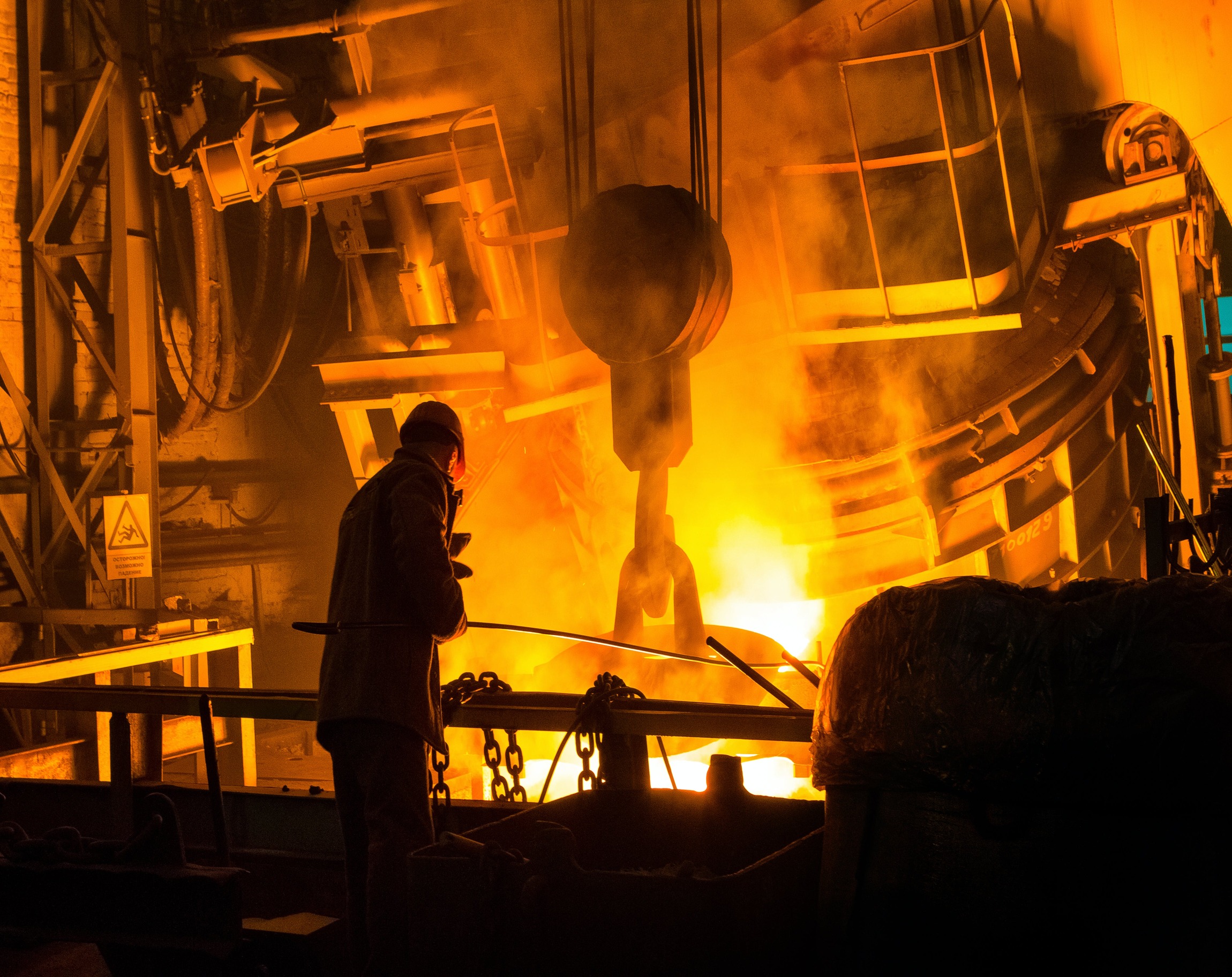In a metal casting factory, ductile iron castings have emerged as a game-changer, offering superior mechanical properties and versatility over traditional cast irons and steels. Widely used in a variety of industries, these castings combine strength, durability, and cost-effectiveness, making them a preferred choice for many applications. This article delves into the reasons behind the growing preference for ductile iron castings, highlighting their unique advantages in mechanical properties, cost efficiency, corrosion resistance, impact and fatigue resistance, and machinability.
Unmatched Strength and Design Versatility: Why Ductile Iron Leads the Way
Ductile iron castings are celebrated for their outstanding mechanical properties and the flexibility they offer in design. This section will delve into the specifics of these properties and how they compare with other materials:
- Enhanced Strength and Ductility: Unlike conventional cast irons, ductile iron exhibits high tensile strength and excellent elongation at break. This means it can bear significant loads and stress without fracturing, a crucial advantage in structural applications.
- Design Versatility: The unique composition of ductile iron allows for adjustments in its makeup, offering engineers the ability to customize its properties according to specific project requirements. This adaptability is not easily achievable with other metals like standard cast iron or steel.
- Resistance to Deformation: Ductile iron’s ability to retain its shape under high-stress conditions makes it preferable for intricate designs where maintaining structural integrity is key. This resistance to deformation under load is a significant advantage over other cast irons, which may crack or warp.
The Economic Advantage: Cost-Effectiveness of Ductile Iron Castings
In this section, we explore the economic benefits of ductile iron, particularly in terms of cost efficiency and material savings in comparison to other metals:
- Reduced Manufacturing Costs: Ductile iron’s production process is inherently more economical than that of many other metals. This is due to its less complex processing requirements and the abundant availability of raw materials, which collectively drive down manufacturing costs.
- Long-term Savings: The extended lifespan of ductile iron products means less frequent replacements, translating to significant savings over time. This durability is especially advantageous in industries where material longevity is essential.
- Efficient Production in a Metal Casting Factor: The ease of working with ductile iron in a metal casting factory leads to more efficient production cycles. This efficiency results from faster casting times, reduced energy consumption, and minimal labor involvement, contributing to overall cost reduction.
Built to Last: The Durability and Corrosion Resistance of Ductile Iron
Ductile iron’s corrosion resistance and durability are key factors in its widespread use across various industries. This section examines these attributes in detail:
- Superior Corrosion Resistance: Ductile iron has an inherent corrosion resistance, surpassing many forms of steel. This property is crucial for applications exposed to corrosive environments, such as underground piping or marine applications.
- Enhanced Durability: The robust nature of ductile iron ensures that it can endure wear and tear for an extended period. This is particularly important in heavy-duty industrial applications where material longevity is critical.
- Industry Examples: The widespread use of ductile iron in industries, such as in automotive components and infrastructure projects, demonstrates its durability and reliability in real-world applications.
Withstanding the Test: Impact and Fatigue Resistance of Ductile Iron
This section highlights the superior impact and fatigue resistance of ductile iron, crucial for its performance in demanding environments:
- Impact Resistance: Ductile iron’s ability to absorb shock makes it an ideal material for applications that undergo high-impact loads. This quality makes it more resilient than many traditional cast irons and steels, which might crack or shatter under similar conditions.
- Fatigue Strength: The endurance of ductile iron under repeated stress is a vital attribute, particularly in industries where components are exposed to cyclic loading. Its fatigue resistance ensures reliability and longevity in such applications.
- Industrial Applications: The transportation and construction sectors, where materials are continuously subjected to varying stress levels, greatly benefit from the resilient nature of ductile iron.
Crafting Excellence: The Machinability and Finish of Ductile Iron Castings
In our final section, we assess ductile iron’s machinability and surface finish quality, essential factors in manufacturing:
- Ease of Machining: Ductile iron is notably easier to machine than many steel varieties. This trait reduces wear on machining tools and shortens the machining time, leading to more efficient production processes.
- Superior Surface Finish: Ductile iron can achieve high-quality surface finishes without the need for extensive post-processing. This is particularly beneficial for products where aesthetic appearance is as important as functional performance.
- Cost-Effective Manufacturing: The ease of machining and finishing ductile iron directly translates to cost savings in the manufacturing process, making it a highly economical material choice for a wide range of applications.
The Future Forged in Iron: Ductile Iron’s Role in Modern Industries
Ductile iron castings stand as a testament to innovation and efficiency in the metal casting industry. By outperforming other cast irons and steels in mechanical properties, cost efficiency, corrosion resistance, and more, they represent a pivotal shift in industrial material selection. The blend of strength, flexibility, and economic viability that ductile iron offers makes it an invaluable resource in today’s diverse manufacturing landscape. From intricate machinery components to robust infrastructure elements, the applications of ductile iron castings are as varied as they are impactful. As industries continue to evolve and demand more from their materials, ductile iron castings are poised to play an ever-increasing role in shaping the future of manufacturing and engineering.


